Susan Beats Fibromyalgia
I was very miserable. There were days I could not get out of bed because my feet hurt so bad. My skin would burn and I wouldn’t sleep well. It varied from day to day, anywhere between a 6 and a 10. It was intense probably 80-90% of the time. I was in a fog most of the time because the pain medicine that I took was not effective to the degree that it needed to be. But if it was stronger, I wouldn’t have been able to function at all … the pain was brutal.
You’ve changed my life. I have lost 37 pounds, I feel better. It’s not a quick fix. It’s not something that you’re going to feel better overnight. But if you value yourself and want to be better for yourself and for your family, it’s definitely worth the journey. The tests that you do are tests that I had never had done before. At 53 years old, I thought I was resigned to do this the rest of my life, to feel this way and I’m so thrilled that I don’t have to do this anymore, that I don’t have to feel that way anymore.
In 2003 the first edition of my book, Treating and Beating Fibromyalgia and Chronic Fatigue Syndrome is first came out in print. It’s now in its 5th edition and available in most bookstores throughout North America, including Amazon.com, Barnes&Noble.com and most libraries. www.getfibrobooks.com or visit Amazon.com http://www.amazon.com/Treating-Beating-Fibromyalgia-Chronic-Syndrome/dp/0972893873
For the last 7 years, my practice has evolved to where I primarily work with patients by phone. I would say probably at this point 99% of my practice is working with patients by phone, patients throughout North America and overseas.
Unfortunately once you get the diagnosis most doctors will tell you that you just have to learn to live with it. I’m on a mission to change that because I really feel like that is a disservice that’s being done in the fibromyalgia community. The reason why doctors in the conventional world tell you that once you have fibromyalgia you just have to learn to live with it, is because they have nothing for you. That’s just the way it is. Traditional medicine, drug therapy alone is a dead end for fibromyalgia … That’s why after the last 20 years of trying to do it that way, doctors have come to the conclusion that once you get fibromyalgia, you can never feel good again. There’s nothing further from the truth. You can feel good again, but you have do it with a different approach other than just using conventional drug therapy.
In fact, the only way you can feel good and stay feeling good is you have to get healthy. That means different things for different people. It sounds simple but it’s actually very complicated. That’s why my book is 564 pages. There’s a lot to it that has to happen, to allow someone with a multitude of different conditions and illnesses that we call a syndrome called fibromyalgia … we have to find the root causes of these symptoms, because symptoms are nothing more than warning signs.
Yes, you have chronic, diffuse, achy, sometimes debilitating pain but what’s causing that pain? It’s not fibromyalgia. Fibromyalgia is just a name, it doesn’t cause anything. You have fatigue; many of my patients can’t get out of bed each day. I have patients that I’ve worked with, many of whom have shared their stories on this conference call and on my website who were bedridden for months, some patients for years before they started working with me and were able to uncover the root causes of that low energy and fix those causes … not just saying that they have fibromyalgia and that’s why they’re tired.
The challenge with having fibromyalgia is you have to find a doctor who number 1 believes in fibromyalgia; unfortunately there are still many doctors who don’t. Number 2, you have to find a doctor who’s going to do more than try to treat your symptoms with medications, or with over the counter supplements. You have to find a doctor who’s actually going to do the detective work, find out where you’re broken down and then work with you to help you not only feel good but to stay that way; to feel good and to get healthy so you stay that way.
Susan from Kentucky Shares Her Fibromyalgia Success Story
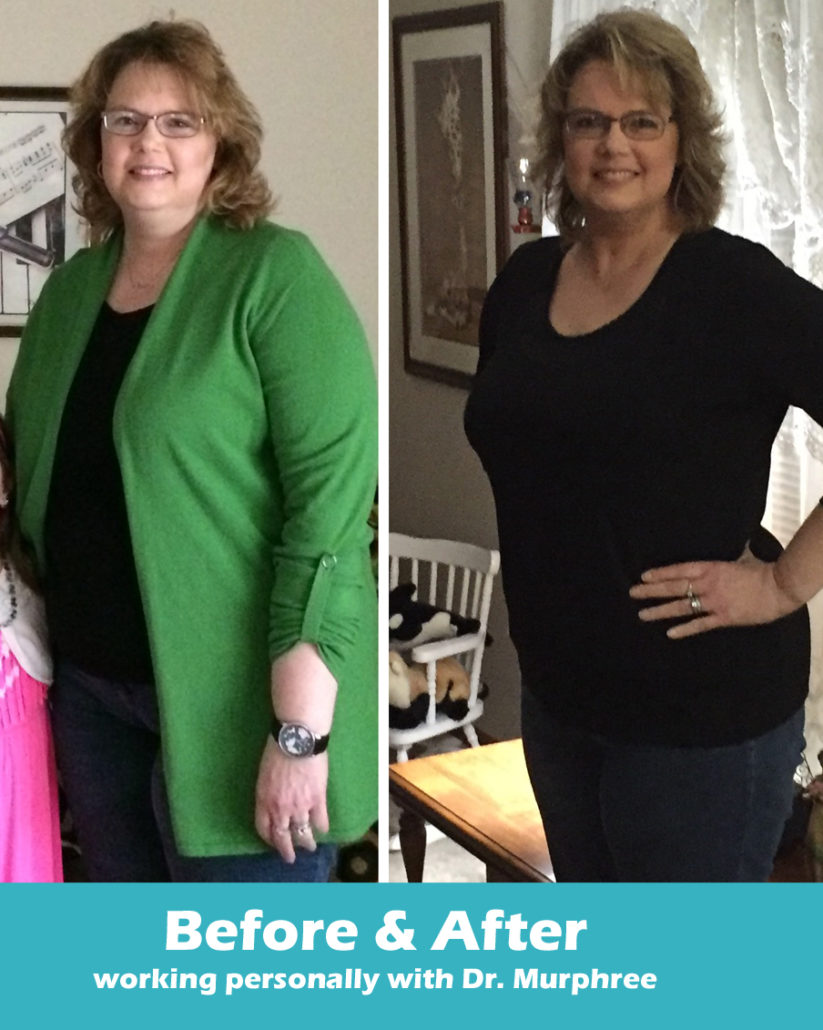
Dr. M: What I’d like to do if I can, I’m going to get Susan Garrett who is from Kentucky, I’m going to have her come on the call.
Thanks for joining me. What I’d like to do this evening is have you share a little bit about your story, where you were before we met, what your life was like dealing with this thing called fibromyalgia. Can you share a little bit about your history?
Susan:
Sure, I’ll be glad to. I’m 53 years old. I was diagnosed with fibromyalgia 4 years ago by a rheumatologist. At that time, he just gave me pain pills. I tried Lyrica which didn’t work. Finally 18 months ago, I had to quit my job because I wasn’t physically able to do the job because of the fibromyalgia. 12 months ago, I discovered Dr. Murphree and the journey that he’s taken me through has been one where it wasn’t automatically start on the diet, which all of us are interested in. The biggest change has been, he tested so many different things to see exactly what problems I had physically other than just being overweight, that could be contributing to the pain that I was dealing with. This was refreshing to me. In fact, I had ordered his book originally and I had an initial call with him. This has changed my life. I have lost 37 pounds, I feel better. The supplements that I’m on are a big help to me, and I have noticed that I have to be diligent with my supplements, diligent with what I eat and with the care that I give myself to make sure that I stay on top of this. Taking care of yourself is important and I think sometimes in society, we have to put everybody else first but I’ve learnt to put myself first. I have had people tell me it’s not true, it’s not real and I just ignore those people because I know that it’s real. I know that the path that I’ve taken with Dr. Murphree has really gotten me where I need to be, and I will continue to improve. I have no doubt about that.
Dr. M:
I’m so proud of you, you’ve worked really hard. I use that word a lot on the call ‘work’ because I think a lot of times people think that when I’m talking about helping my patients, of course a lot of people are so passive they don’t even read the testimonials or listen to it. They just see the headline that someone beat fibromyalgia, and they instantly cough out a negative comment that you can’t do that. But if they would take the time and be proactive to actually read these success stories, what they’ll see the common denominator in all of these success stories is that people were willing to do whatever it took to get their life back.
In your case, one of the things was the diet that you were on. That was a goal that you had was to lose some weight. it had accumulated just because your metabolism was so low from being run down for so long. For other patients, it’s exercise and for other people, it can be … as you know sometimes there are things we tried that didn’t work, and people could give up. They could just give up if they wouldn’t have afforded to – people like yourself did, to really work. I want to applaud you for everything that you did to get to where you’re at, because it’s not easy.
Susan:
No, it’s not. I thank you and I also appreciate you more than you know. I would recommend this to anyone who’s struggling, because it’s definitely worth it.
Dr. M:
Tell me about your pain. Your pain was all over. As you said, you had to quit working and that’s not something you wanted to do, but you were pretty miserable. You were really, really miserable.
Susan:
I was very miserable. There were days I could not get out of bed because my feet hurt so bad. My skin would burn and I wouldn’t sleep well. Now I’ve gone from a pain of probably a 9 or 10 on a scale of 1 to 10, down to a 2 or 3. That also depends on how diligent I am at following your program and taking care of myself. My pain level has decreased significantly and I I’m able to be active. I have 5 grandchildren. I’m able to be active and spend time with them, which I would not have been able to do before I worked with you.
Dr. M:
A lot of people Susan, will hear how you describe your pain and think there’s no way that people can have that kind of pain, but it’s real.
Susan: It’s very real.
Dr. M: Tell me a little bit more about this pain that you had. How long had that pain been so intense?
Susan:
It varied from day to day, anywhere between a 6 and a 10. It was intense probably 80-90% of the time. I was in a fog most of the time because the pain medicine that I took was not effective to the degree that it needed to be. But if it was stronger, I wouldn’t have been able to function at all … the pain was brutal. I had dealt with on a daily basis and it was very frustrating for me, because I’m a type A personality. For me not to be able to control what was happening with me was very frustrating. But now I have the tools that I need to, to have control of what’s happening to me.
Dr. M:
Yeah. You were able to get off some medications and cut some medications. I was really happy about that and I was glad to see you were able to get off some of those medications. Tell me about your grandkids. What do they think about having their grand-mom back? Can they tell the difference?
Susan:
Yes, they can. In fact, we ended up with custody of one of our grandchildren for 6 months due to a family situation. Because of taking care myself through this program, I was able to take care of him. I was able to run around with him in the yard. I was able to ride bikes with him, I was able to take walks with him where before I wouldn’t have had the energy to do that at all.
Dr. M: Wow. Could you have done that a year ago? I guess could you have imagined doing that a year ago?
Susan: No, I couldn’t have imagined doing that a year ago. At 53 years old, I thought I was resigned to do this the rest of my life, to feel this way and I’m so thrilled that I don’t have to do this anymore, that I don’t have to feel that way anymore.
Dr. M: Absolutely. The energy, that was the other thing that really dramatically went up fairly quickly. I think we put you on some over the counter thyroid, found some things with your thyroid that everyone had tested you as being normal.
Susan: And the Adrenal Forte.
Dr. M: Yeah, your cortisol levels were so low and I guess no one had ever checked that on you, had they?
Susan:
No, they had not. Most of the doctors I saw have a regimen that they treat their patients with. They’re not willing to go a step further to look and see what could be going on. They just follow what they’ve been trained to do, and that’s a disservice I think to many of us who have fibromyalgia.
Dr. M:
I would agree, it’s sad but true. When you’ve got a complicated illness like fibromyalgia, it demands that you take a real long view. When I say that, you’re going to have to really open up the blinders and look anywhere you can, turn over any stone you can to figure out what’s going on, and look for clues that’ll help you figure out what you need to do to make a difference. So many doctors are just not willing to do that. I think part of that may be just time constraints, and I think also the stigma that a lot of doctors think if you have fibromyalgia, you never can get well anyway.
Susan: Right. I’m not a weak person and I do not, for lack of a better word, appreciate being viewed as a weak person by certain people. But now I know that I had to be strong to do what I did, to do this program and be successful in it.
Dr. M: Yeah, and still successful.
Susan: Yeah, I’m not over yet.
Dr. M:
Yeah, you have to take care of yourself. You have to take care of yourself and if you don’t, what you see is your symptoms start coming back. The great thing that you’ve learned is that now you don’t have to take care of yourself. You know what you need to do going forward. You’re in a position to be proactive and to take control, whereas in the past unfortunately we don’t learn this stuff in school. I didn’t learn anything about biochemistry, about diet and nutrition and none of us did. I did when I went to postgraduate school, when I went to medical school but you don’t learn that so you’re at such a disadvantage when you go to expert. Right now, what the experts tell you most of the time is here’s another pill, but that approach just doesn’t work.
Susan: I really love my rheumatologist. He’s a phenomenal guy, but he has one way that he treats it and that’s the way it is. Unfortunately we need more.
Dr. M: Yeah, absolutely. What would you like to share with those who may be either listening tonight or may be listening to the replay? Anything you’d like to share about the process of working with me by phone, my staff or anything you just think would be helpful for those out there trying to make a decision if this is right for them?
Susan:
The first thing I want to say is first buy the book, because I think the book … as soon as you open the book that you’ve written Dr Murphree, you see yourself in it. I think you are worth or the other person to take the time to do that, and I would encourage anyone that is listening to this call or that has friends that deal with this, that it’s worth the time that it takes. It’s not a quick fix. It’s not something that you’re going to feel better overnight. But if you value yourself and want to be better for yourself and for your family, it’s definitely worth the journey. The tests that you do are tests that I had never had done before. The things that you found that I had problems with physically were an eye-opener to me. I think it was worth every test that I took, and the weekly phone calls with you are great. You’re very affirming, you don’t talk down to me if I’m not being successful. That way I don’t feel bad, and I appreciate that a lot because that makes my day, just being able to talk to you for a few minutes. You affirm what I’ve been doing and appreciate to me and affirm to me how well I’m doing on the program. I do say start with the book and then make the phone call to you. Follow through with the program because it’s worth every penny, it’s worth every minute of the time that you spend learning to take care of yourself better.
Dr. M:
Great, I really appreciate you and I really appreciate you coming on and sharing your story tonight. It’s going to help a lot of people, because I think unfortunately so many people are so low … they’ve been beat up by other people saying that they’re crazy or lazy or just as bad, that they have to learn to live with it. It’s incredibly important that I continue to have my patients like yourself come on and share that you’re a real human being. You’re a real life person. You had a lot of challenges, you had a lot of personal challenges that were really stressful and I’m sure still are, but you were able to do it. If you can do it, other people can do it.
Susan: Yeah, if I can do it anyone can do it.
Dr. M:
Yeah. Susan, thanks so much for joining me. I really appreciate it. I look forward to talking to you soon.
If you’ve not gotten a copy of the book I encourage to start there. You can order the book Treating and Beating Fibromyalgia and Chronic Fatigue Syndrome on Amazon. You can learn more about my protocols, listen to past teleconferences, watch past webinars of check out the free videos on my site www.yourfibrodoctor.com
These patients and hundreds of others who’ve worked personally with me have in fact beaten their fibromyalgia. You can read or listen to their stories by clicking the link below:
|
|

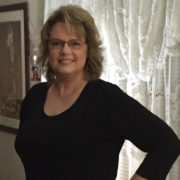
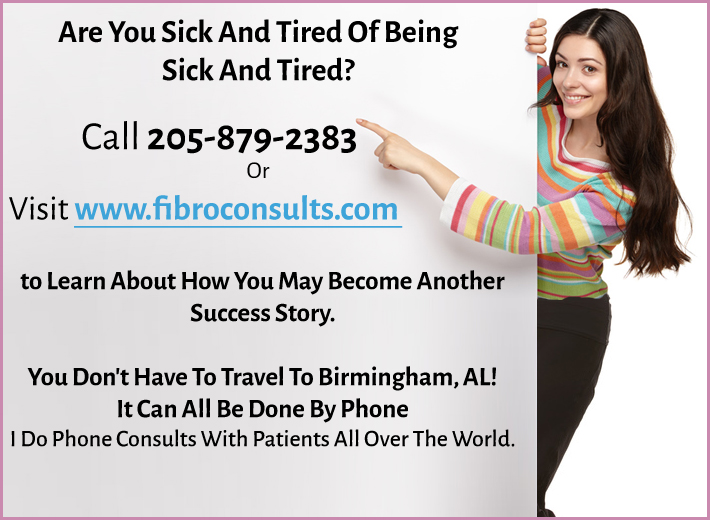
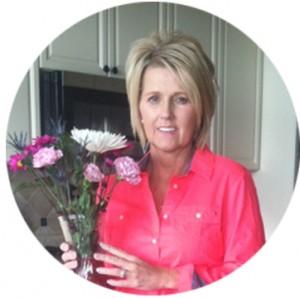
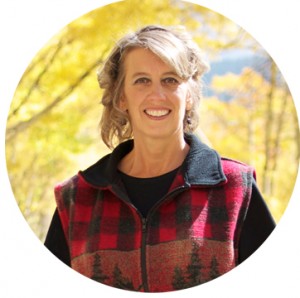
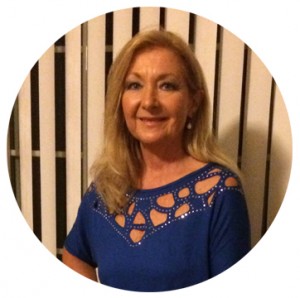


Leave a Reply
Want to join the discussion?Feel free to contribute!